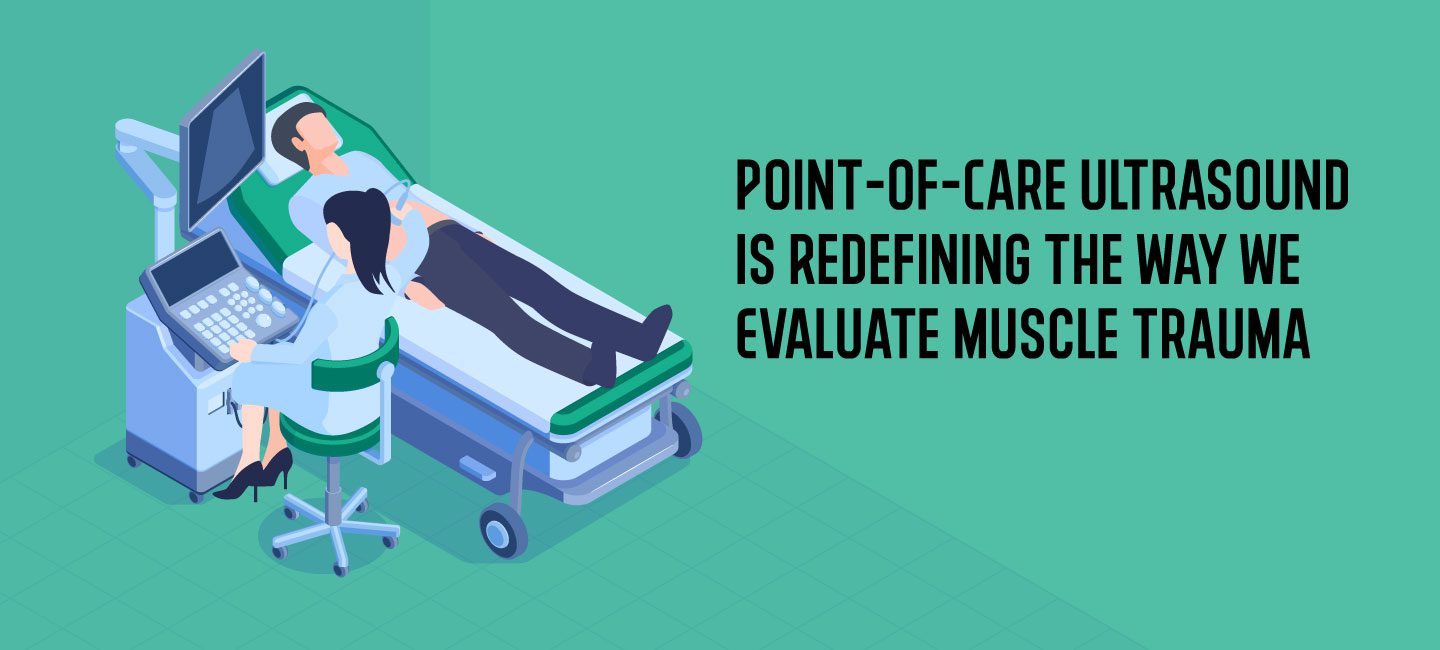A recent analysis by the Global Burden of Disease (GBD) showed that musculoskeletal (MSK) conditions impact approximately 1.71 billion people globally. According to the World Health Organization (WHO), along with being the leading contributor to disability worldwide, these conditions are frequently associated with causing pain, impacting mobility, and constraining a person’s ability to function in their day-to-day activities.
As the number of people affected by MSK afflictions continues to grow, it is increasingly important for healthcare providers to identify these conditions and recommend the best course of treatment. Across the industry, medical workers consistently care for patients impacted by MSK conditions. To date, over 150 ailments have been identified as MSK conditions, including short-term injuries like sprains and strains to lifelong conditions.
The ability to identify these conditions, from severe cases to more common injuries, is essential to ensure medical professionals can better support their patient’s needs. In turn, a strong foundation of MSK anatomy and a deeper understanding of these injuries is an increasingly valuable asset for healthcare providers across specialties.
To continually provide the best care possible, healthcare professionals continue to study new information and incorporate innovative technologies into their practices.

One modality that is proving instrumental in identifying musculoskeletal conditions is point-of-care ultrasound (POCUS). As its technology has advanced and has become more accessible, healthcare providers have turned to this tool when patients present symptoms consistent with MSK conditions.
POCUS provides practitioners and patients a visual of the condition, improving the experience for both parties. The portable, noninvasive nature of POCUS allows its use at the point of care. Consequently, healthcare workers can conduct scans in a more timely manner, and patients receive information faster.
Dr. Alexander Talaska is one professional who has recognized the value ultrasound brings to identifying muscle trauma, having developed a deep connection with sonography during his second year at the Medical University of Vienna (MUVI). Since then, he has integrated it into his practice as a radiologist and contributed to a range of educational events geared towards supporting medical students and professionals.
In a recent episode of the Point-of-Care Ultrasound (POCUS) Certification Academy’s™ podcast, FOCUS on POCUS™ , he shared his expertise on the role of ultrasound in assessing muscle trauma. During his conversation, he addressed the value of utilizing ultrasound.
“Yes, you need the dynamic scan. You cannot do it without,” said Dr. Talaska regarding how he evaluates muscle trauma. He continued by emphasizing the importance of healthcare providers being knowledgeable in anatomy. “But you [also] need a lot of knowledge of anatomy.”
When evaluating different muscles, Dr. Talaksa voiced the need for medical workers to conduct contralateral indications to accurately demonstrate the patient’s condition to colleagues. Comparing muscles allows medical workers to “understand regular anatomy to the pathology, or the variant someone has to the pathology.”
While stressing the value ultrasound brings to assessing MSK conditions, Dr. Talaska spoke about a misconception in the medical industry that healthcare providers need to use either magnetic resonance imaging (MRI) or ultrasound. Instead, he explained that “it’s not always just one or the other” and discussed how the modalities complement each other.
Dr. Talaska is not alone in his advocacy of using POCUS to assess and treat muscle trauma and other MSK conditions. As awareness of the advantages MSK ultrasound delivers to healthcare providers in their day-to-day practices grows, it is becoming more common to see this modality utilized in evaluating these conditions.
As this field of practice evolves, the POCUS Certification Academy is committed to ensuring the healthcare community has access to the knowledge and resources necessary to elevate their practices. Learn more about our Musculoskeletal Certification opportunity, and listen to the rest of Dr. Talaska’s great insights here.





















